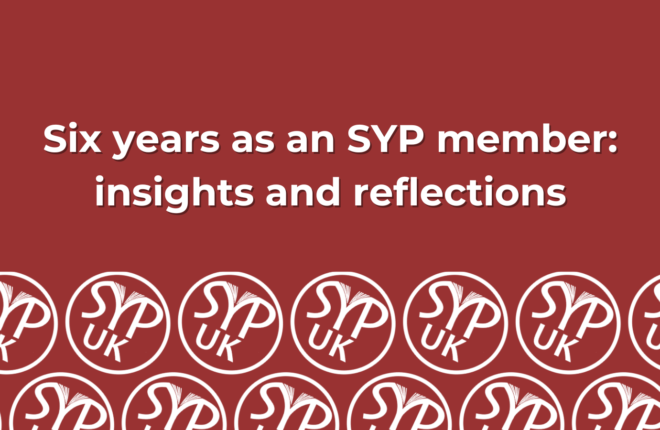
Career Focus: Working in Rights
Posted on November 28, 2023 in Ireland, UK

It’s all too common to believe that working in publishing means working in editorial. Whilst internships are offered across a spectrum of publishing roles, common parlance (and the proliferation of those ‘Day in the Life of a Publishing Intern’ YouTube and TikTok videos) continue to regard publishing as synonymous with editorial work. This is not the case. Different roles are central to book publishing, across such diverse fields as publicity, production, sales and marketing. This blog post will focus on one such field: exploring what it means to work in rights; why you should be interested, and how to get your foot in the door!
As ever, please remember that job titles and criteria can vary between employers. Some recruiters may have different definitions and requirements than those listed below. Furthermore, a lot can depend on context – for example, whether you’re applying to a large company or to a small independent publisher. In the first instance, always check the information that the job advertisement supplies. Nevertheless, we hope that you find the following explainers helpful, and that it encourages you to consider a career in Rights!
What does working in Rights involve?
Selling rights means selling ‘the right’ to publish a novel in another country and/or for another purpose, such as film or TV. Often, this involves selling translation rights, US rights (American English) and audio rights. Each publisher will aim to get their books into as many different territories/languages as possible, so it is crucial to constantly promote your author, book, and publishing house by networking with editors and agents from other countries.
In-house, those working in rights will work closely with other publishing departments within their own company (e.g. editorial, production, publicity) as well as with publishers across the world. Annual Book Fairs are an essential part of the calendar. For adult fiction and non-fiction, the most important fairs take place in London (usually in April) and Frankfurt (normally October); for children’s book publishing, the main fair takes place in Bologna, Italy (often in April). Here, you will be required to network and establish contacts from other publishers across the world. Meetings are short (around 30 mins) and schedules are tight so sales pitching skills are key!
What skills are required?
The key skills for working in rights are: communication, commercial and cultural awareness, and attention to detail. Whilst not essential, it is an asset to be able to speak another language, both to communicate with publishers in other countries and to have some cultural knowledge about another market. Elizabeth Goldrick, Rights Manager and Arts Editor at Little Island Books, Ireland, says “rights selling doesn’t exist in a vacuum; having an engaging personality and being curious about events in other countries that may make a book particularly relevant there is key.”
Rights job descriptions concur that a customer focused approach is essential. Flexibility, adaptability and a can-do attitude are also often requested. Of course, there will be some general admin involved, so showing that you have experience using online databases and the Microsoft Office package, for example, is key. Most of all, you should have an appreciation of the commercial structures of publishing and the role of the rights team within them and should expect to flag these if you get a job interview.
What job can I get?
For those in the early stages of their career, two roles in rights are relevant:
Rights Assistant – this is an entry-level role. Rights Assistants provide administrative support to the Rights team and are required to support the team in issuing options to foreign publishers and agents. Rights Assistants may also draft contracts for rights licensing agreements and provide administrative support in relation to tax and licensing documents.
Rights Executive – this is a step up from the Rights Assistant role and normally requires some experience as a Rights Assistant first. Rights Executives are responsible for selling rights in specified territories. Experience as a Rights Assistant is normally required although experience working in a sales environment may also be considered.
Remember that it is also possible to transfer from another publishing department into working in rights – your prior knowledge will benefit you as working in rights is fundamentally collaborative!
Summary
For Elizabeth, working in rights is never boring. Keeping an eye on your favourite novels or book franchises and how they are received in different markets is exciting and will give you an insight into cultural tastes that will assist you with marketing future books. Whilst you may not be making a book, like editors and designers do, rights assistants and managers are often involved in deciding what gets published and how it develops from an idea to a book. After all, companies want to publish books that sell, so you will report back to publishing meetings on what will work in the rights markets. Frequently, a book will not be published unless there is a potential to sell rights, since it is such an important source of additional revenue. As such, working in rights is crucial to the entire business of publishing and if you are culturally curious, may be the perfect job for you!




 Listen to the podcast
Listen to the podcast  Explore the Youtube channel
Explore the Youtube channel